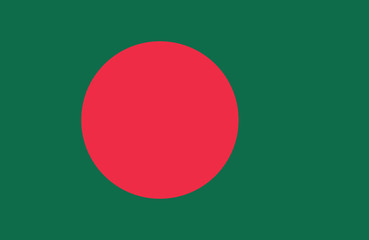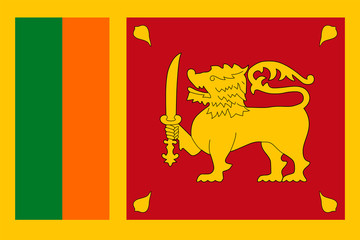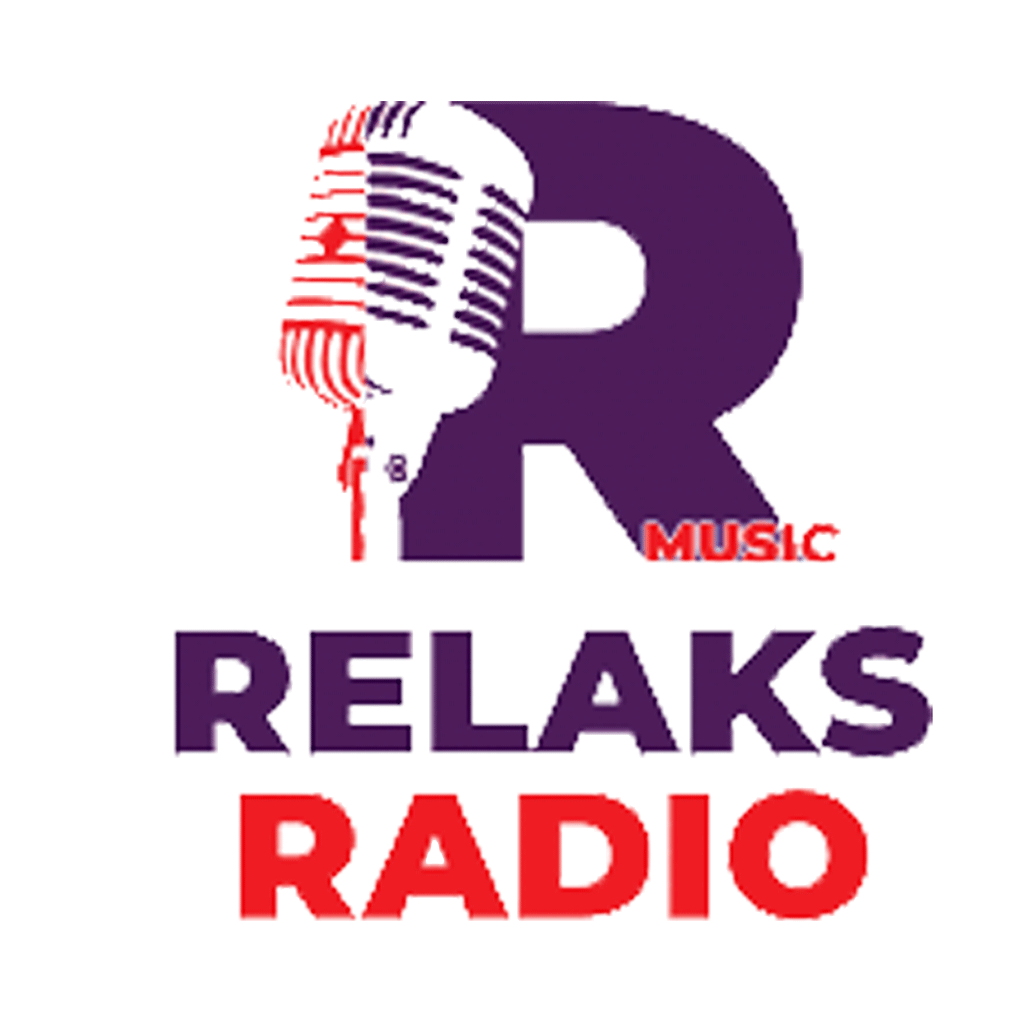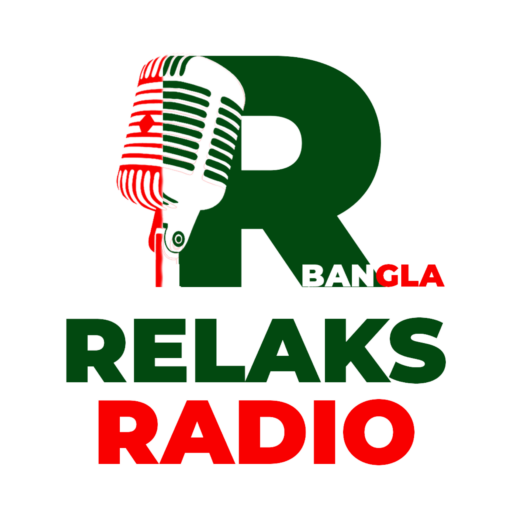Mobile:
Email: info.bd@relaks.net
Social Media
Description:
A program producer is responsible for the planning, development, and execution of various types of programs, often within the context of the entertainment, media, or event industries. Their role can be diverse and may encompass a range of responsibilities, depending on the specific type of program they are producing. Here is an overview of the typical roles and responsibilities of a program producer:
- Conceptualization and Planning: Program producers work to conceptualize program ideas, formats, and themes. They determine the program’s goals and objectives and create a plan for its development and execution.
- Content Development: Producers are responsible for developing the content and structure of the program. This includes creating scripts, storyboards, and outlines, as well as selecting or developing the program’s content, such as music, videos, or written material.
- Budgeting and Financial Management: Producers manage the budget for the program, ensuring that it remains within the allocated financial resources. They allocate funds to various aspects of the program, including talent, production costs, and marketing.
- Scheduling and Logistics: Producers create detailed production schedules, coordinate logistics, and manage resources. They work closely with a team to ensure that all aspects of the program run smoothly and on time.
- Talent and Crew Management: Depending on the program’s nature, producers may hire and manage talent (e.g., actors, presenters, musicians) and the production crew (e.g., directors, camera operators, editors). They oversee their work and ensure they meet the program’s requirements.
- Production Oversight: Producers are responsible for overseeing the entire production process. This includes being on set or at the event location, making decisions, and troubleshooting any issues that arise during filming or recording.
- Post-Production and Editing: After filming or recording, producers often work on the post-production phase. They collaborate with editors, sound designers, and other post-production professionals to ensure the final product meets their vision.
- Marketing and Promotion: Program producers may be involved in the marketing and promotion of the program. This can include creating promotional materials, working with advertising agencies, and managing social media campaigns to attract viewers or attendees.
- Legal and Compliance: Producers need to be aware of legal requirements and copyright issues related to the content they use. They ensure that the program complies with relevant laws and regulations.
- Audience Engagement: Producers may develop strategies to engage the audience, such as creating interactive elements, facilitating discussions, or conducting audience surveys for feedback.
- Evaluation and Feedback: After the program is complete, producers assess its success by reviewing audience feedback, ratings, and other performance metrics. They use this information to make improvements in future programs.
- Collaboration: Program producers often work closely with a team of professionals, including writers, directors, technical crews, marketing specialists, and others. Effective collaboration and communication are essential for success.
- Risk Management: Producers identify potential risks and develop contingency plans to address unexpected issues that may arise during the program’s production or execution.
Program producers play a vital role in creating and delivering content, whether it’s a television show, radio program, live event, podcast, film, or any other form of media or entertainment. Their role is dynamic and requires a combination of creative, organizational, and managerial skills to bring a program to life.
 Bangla
Bangla United Kingdom
United Kingdom Tamil
Tamil European Union
European Union India
India Pakistan
Pakistan Relaks Music
Relaks Music Relaks TV
Relaks TV
